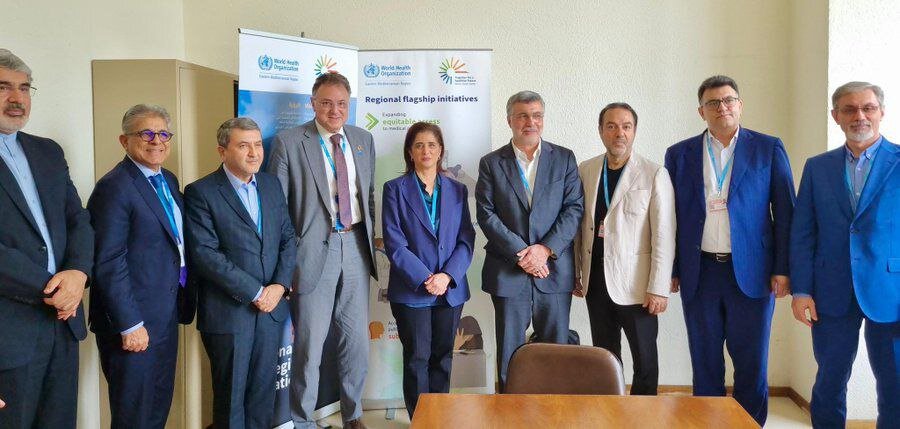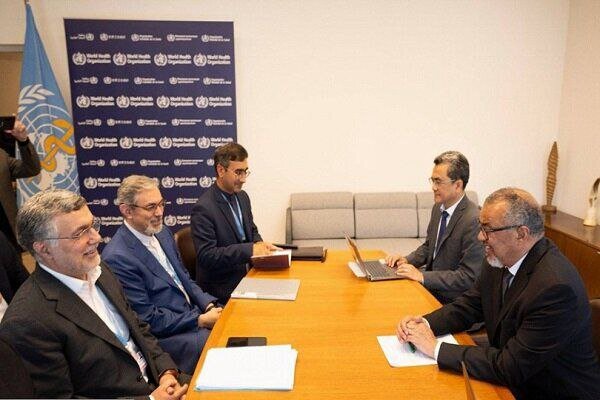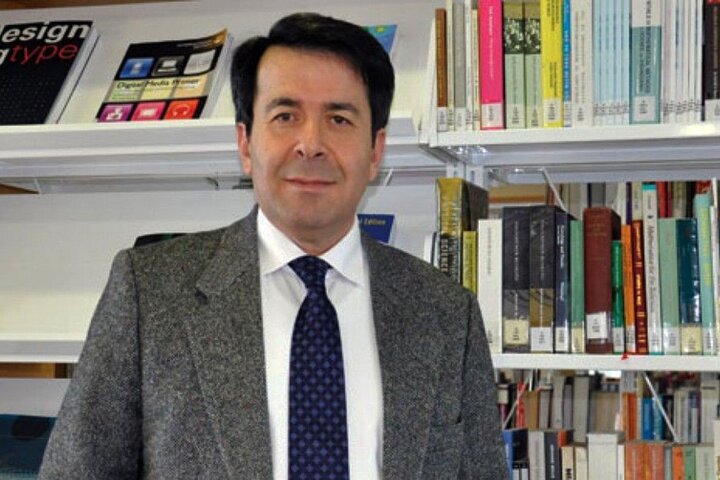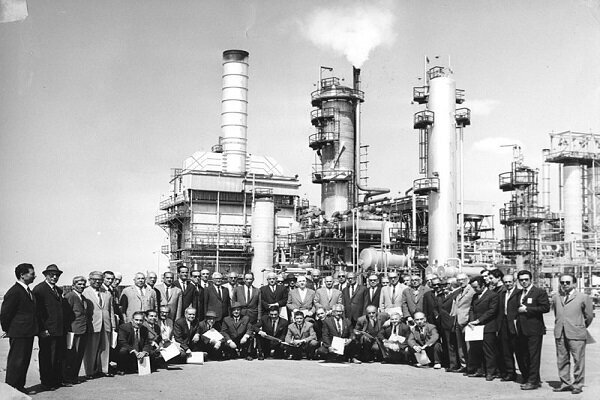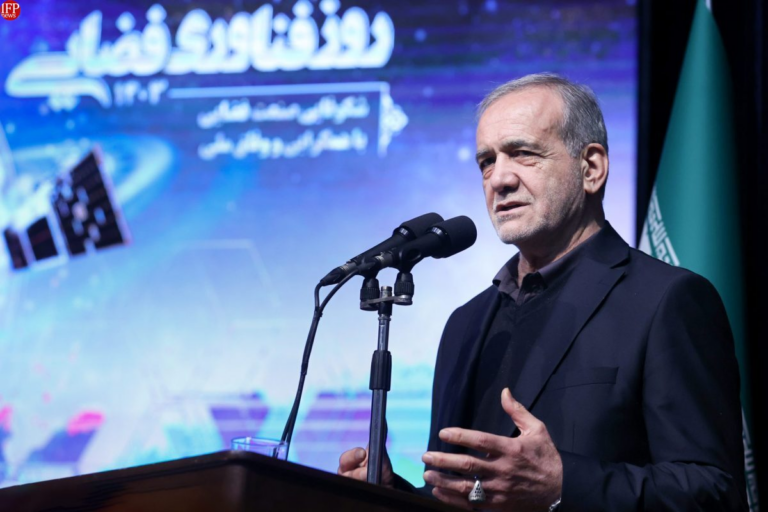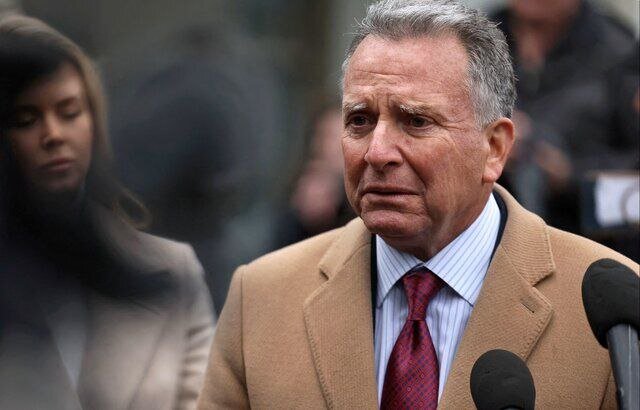Iran Emerges as a Regional Health Leader: WHO Official Highlights Universal Health Coverage Success
Iran is emerging as a leading nation in healthcare advancements and is making significant strides toward achieving universal health coverage. According to the World Health Organization’s (WHO) director for the Eastern Mediterranean Regional Office (EMRO), Hanan Balkhi, Iran’s progress in expanding its healthcare system is commendable. This article delves into the key achievements and initiatives that have positioned Iran as a role model in the region.
During a recent meeting with Health Minister Mohammad-Reza Zafarqandi at the 78th World Health Assembly (WHA), Balkhi praised Iran’s accomplishments, highlighting several critical areas:
- Expansion of Primary Health Care Services: Iran has made significant efforts to enhance its primary healthcare services, ensuring that every citizen has access to essential health services.
- Improved Access in Rural Areas: The government has focused on increasing health coverage in rural regions, where healthcare access has traditionally been limited.
- High Vaccination Rates: Iran has maintained impressive immunization rates, contributing to the overall health and safety of its population.
- Reduction in Maternal and Newborn Mortality: The country has implemented effective health programs that have led to a decline in maternal and newborn mortality rates.
The commitment to providing equal health services to millions of refugees further enhances the value of Iran’s healthcare system. WHO EMRO is collaborating closely with Iranian regulatory institutions to achieve a regulatory maturity level 3 in the pharmaceutical regulatory system. This initiative aims to facilitate wider exports of health-oriented products from Iran to global markets and bolster global health security.
A delegation from Iran, led by Zafarqandi, is currently participating in the 78th WHA, taking place from May 19 to June 27 in Geneva, Switzerland. The theme for WHA78, “One World for Health,” emphasizes the necessity for collective action to tackle health challenges faced by nations worldwide. This year’s assembly is particularly significant as it comes at a time when Member States are addressing emerging health threats and significant changes in global health dynamics.
Balkhi expressed WHO EMRO’s interest in expanding cooperation with Iran, particularly during a meeting with Iranian officials Alireza Raeisi and Mohammad-Hossein Niknam on the sidelines of the Seventy-first session of WHO EMRO. This session, held in Doha, Qatar, from October 14 to 17, provided an opportunity for further discussions on health initiatives and collaboration.
Reflecting on his visit to Iran, Balkhi stated, “During my short visit to Iran a few months ago, I became familiar with the capabilities of Iran in the health sector; Iran is a role model in health in the region.” He emphasized the importance of utilizing the full potential of regional countries and expressed WHO EMRO’s commitment to supporting health programs.
Iran’s health system has garnered international attention, with President Masoud Pezeshkian labeling it a role model in the region and globally. In a letter addressing a national seminar in Mashhad, he acknowledged the unique attributes of Iran’s healthcare system, particularly its primary healthcare services. The president credited the remarkable progress in the health sector to the tireless efforts of health workers, who have played a crucial role in:
- Providing vaccination and prenatal care for pregnant mothers
- Controlling infectious diseases
- Promoting health education
- Training new generations of health staff nationwide
The outcomes of these efforts are evident in the notable increase in life expectancy, the reduction in infant mortality rates, and the effective management of chronic disease complications. Pezeshkian emphasized ongoing health initiatives such as universal health coverage and family physician programs, which have made comprehensive healthcare accessible to millions across the country.
The Iranian administration recognizes the relentless efforts and contributions of all healthcare workers and is committed to elevating the country’s health system to its deserved position on the global stage. By leveraging the capabilities and potential of its health workforce, Iran aims to continue its journey toward improved health outcomes for all its citizens.
In conclusion, Iran’s dedication to expanding healthcare access and improving health outcomes serves as an exemplary model for other nations. Through collaboration with international organizations like the WHO and the commitment of its healthcare professionals, Iran is paving the way for a healthier future.
